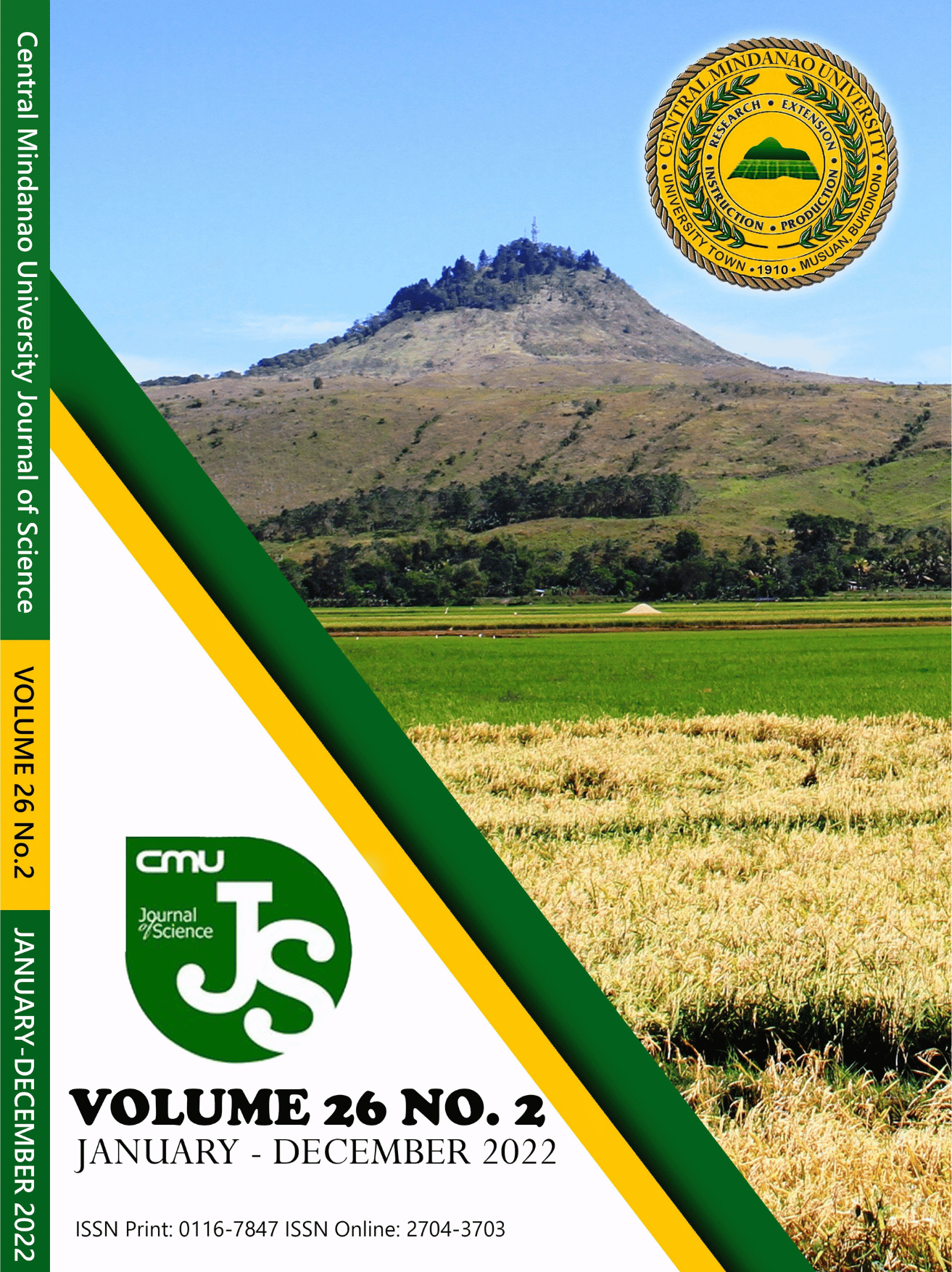Achieving Food Security during the Pandemic: A Case of the Rural Women in the Upland Province of Bukidnon, Southern Philippines
DOI:
https://doi.org/10.52751/cwzb1342Keywords:
food security, social capital, livelihood intervention, rural women, pandemicAbstract
The growing number of people affected by hunger and food insecurity, especially during the pandemic, is one of the biggest challenges in the rural areas. A livelihood project was implemented from 2019 to 2021 among the 33 members of a women’s association in a disadvantaged upland community in Bukidnon province, Southern Philippines, for inclusive development. This study aimed to determine the effectiveness of the livelihood intervention in changing income, knowledge about farming, social capital, and food security amidst the pandemic. The project implemented facilitated extension activities and surveys considering the health protocols imposed by the government. The technical training has resulted in a positive change in the knowledge level, promoted the production of vegetables in the households which generated additional income vital during the pandemic. Besides, there was a significant increase in the social capital of rural women during the last two years. Though not statistically significant, the project has caused an increase in food availability, accessibility, and utilization in the household during the pandemic. The findings indicated that a livelihood intervention can effect changes in the social and economic situation of the rural women even during the pandemic which could be promoted to other members of the community.
Downloads













 LinkedIn
LinkedIn